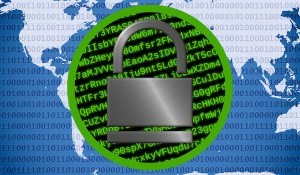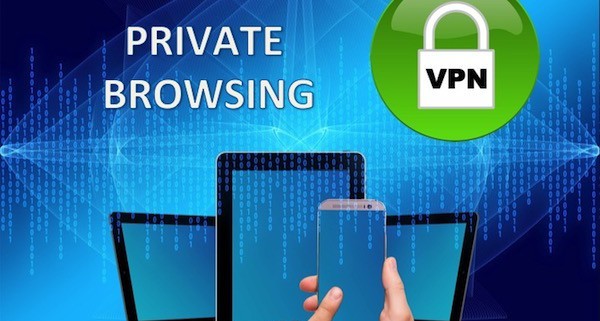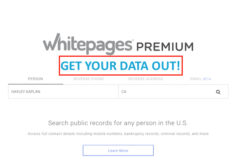Why You Need a VPN (Virtual Private Network)
Data privacy is a huge concern in today’s digital world. For the average Internet user, it may seem like a necessary evil to share your browsing data with sites like Google and Facebook, but in reality, it is not! Unless you enjoy a complete lack of privacy, why not prevent others from knowing what you do or where you go online? That’s where a virtual private network or VPN comes in handy.

Use a VPN for location and browsing privacy any place you choose.
A VPN creates a connection to a network that you’re not physically connected to. This is often used by business professionals or students to access company or university networks while they’re at home or traveling. However, VPNs also come with a range of security features that make them an attractive solution for privacy-minded individuals. VPN service providers make it possible to connect to a VPN from anywhere in the world. When connected, your data will tunnel to the VPN provider’s servers, where they can hide your IP address and encrypt your data.
Here are a few reasons you may want to consider using a VPN:
Secure Yourself Over Public Wi-Fi:
Public Wi-Fi is a hot target for hackers due to the many vulnerabilities that lie in public networks. However, a VPN can help ward off some of these attacks. For example, one common hacking technique involves eavesdropping on your online activity while you’re connected to the network. That means hackers can get ahold of passwords, account numbers, or other sensitive data you enter. Since a VPN encrypts this data, hackers won’t be able to use it without cracking the encryption code.
Keep Advertisers and ISPs from Tracking Your Browsing History:
These days, it’s extremely common for online advertisers like Google and Facebook to track your browsing history. Even your Internet service provider (ISP) has the power to track your data and sell it to third-parties. Some people find it convenient because it means they get served relevant ads. Others find it intrusive. If you’re in the latter group and want to keep your data private, a VPN can be a viable solution. This is because ad networks and ISPs use your IP address to track you online. A VPN masks your IP address and assigns you a new one, which can be changed frequently, so that big companies can’t tell the traffic is coming from your computer.
Research in Private:
There are a lot of reasons you might want to keep your browsing history private, even when you’re not breaking any rules. Among them, researchers often fear the risk of reprisals due to the sensitive nature of their research. This might be true of journalists covering sensitive topics or employees conducting market research on their competition. Connecting to a VPN can help reduce the risk of your risky research history falling into the wrong hands. Not only does a VPN encrypt your data, but by hiding your IP address, it makes it incredibly difficult to trace the searches back to you.
Hide Your Internet Activity From the Government:
No one wants their Internet activity to be traced by the government. This isn’t necessarily because you’re doing anything wrong; it’s simply a matter of principle. In some countries like Egypt, China, Afghanistan, and Saudi Arabia, access to the Internet is limited, and government surveillance is common. A VPN can make it appear as if your Internet traffic is coming from somewhere else, helping you bypass censorship restrictions and keeping the government from tracing your activity.
Of course, VPN services aren’t completely fool-proof. It’s important to do some homework before moving forward. Some providers might not be as secure as they sound, and others could be running straight up scams. Start by reading online VPN reviews to find a service provider suited to your needs. These reviews take factors into account such as download/upload speed, support, usability, cost, servers, countries and more. After arming yourself with this knowledge, you’ll be ready to select a VPN and to enjoy the peace of mind and privacy it brings your way.
—————————————–
 John Mason is a Cyber Security/Privacy enthusiast, who works as the Head Analyst for TheBestVPN.
John Mason is a Cyber Security/Privacy enthusiast, who works as the Head Analyst for TheBestVPN.






What are your thoughts about the differences between using a Torrent va VPN for privacy?
I have not heard of that before. What are your thoughts?